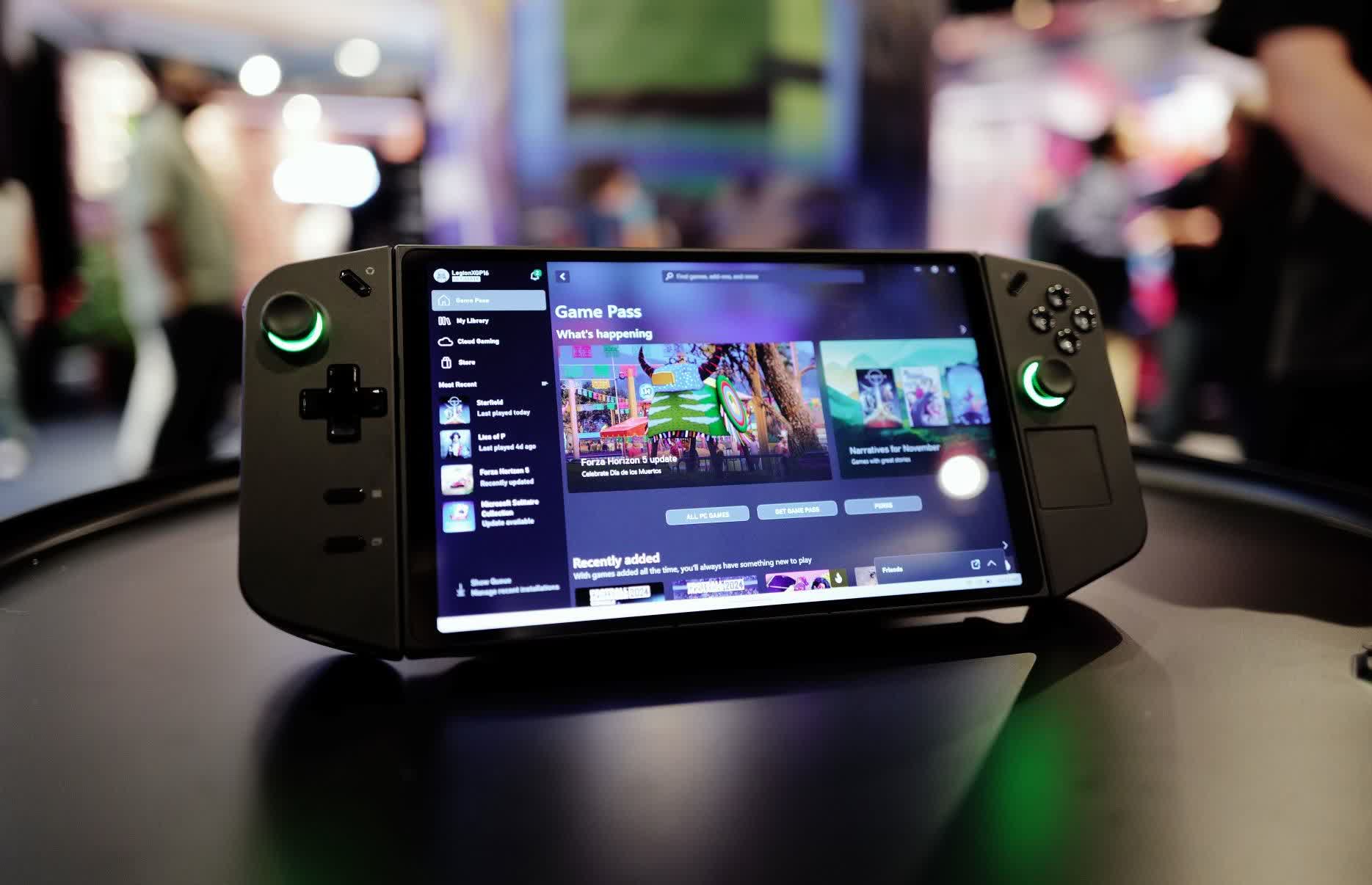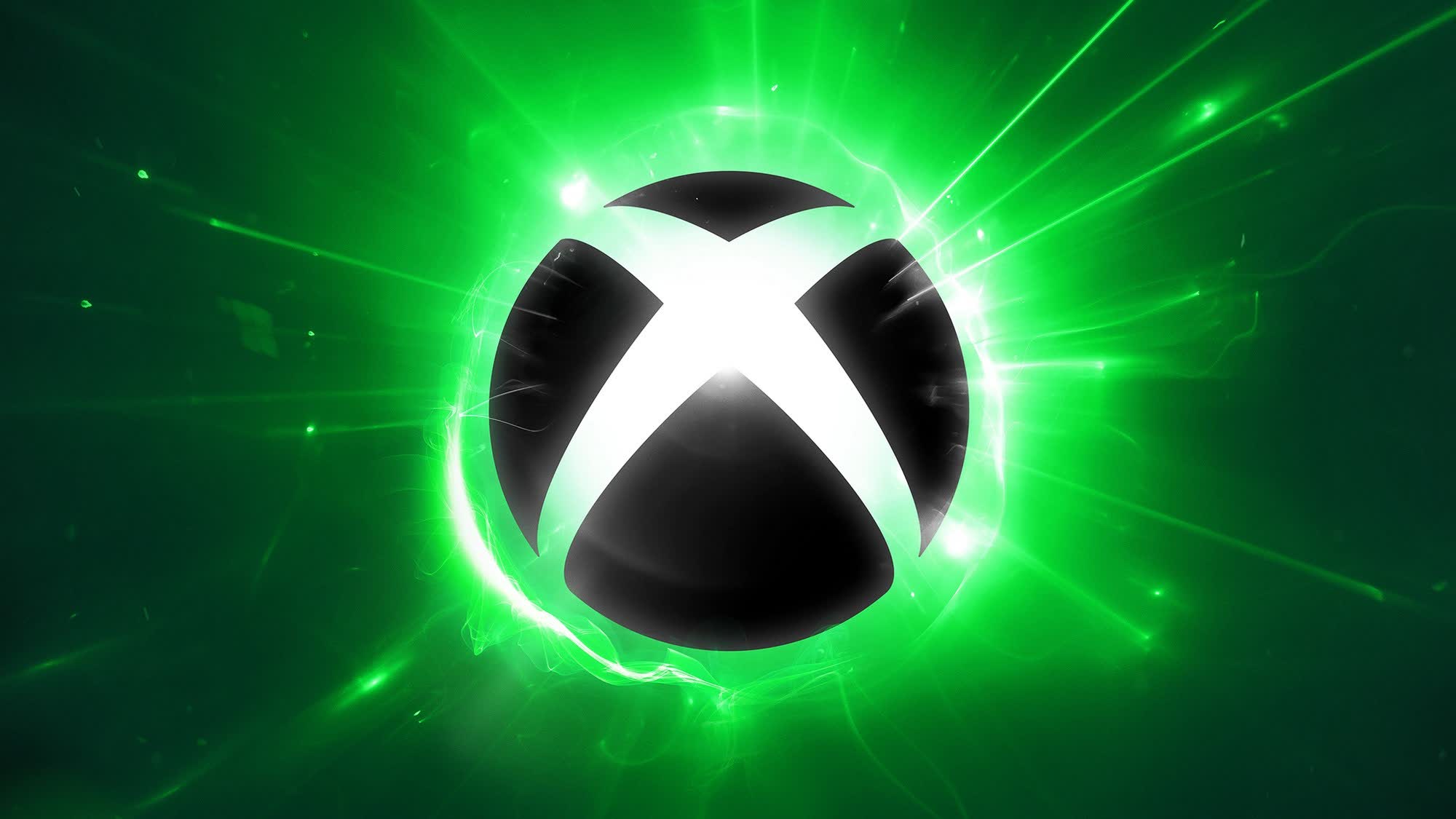In a nutshell: Microsoft is reportedly pausing development of its rumored Xbox handheld to focus instead on third-party mobile gaming consoles running Windows. The device was originally expected to launch in 2027 alongside the next-generation Xbox consoles, but it has now been indefinitely delayed following a surprising shift in Microsoft's strategy.

According to Windows Central, Microsoft is not canceling its Xbox handheld entirely and intends to resume development in the future. For now, however, the company plans to "prioritize its teams to improve Windows 11 gaming performance" on third-party handheld devices.
One of the devices expected to benefit from this shift is an Asus handheld codenamed Project Kennan. The report claims the device is "essentially finished" and is expected to launch later this year. While specifications and features remain unknown, more details are likely to emerge as the release date approaches.

Microsoft's decision to focus on optimizing Windows 11 for gaming handhelds comes after gamers and tech reviewers criticized the company over the poor performance and efficiency of devices like the new Lenovo Legion Go S.
According to a recent video by YouTuber David Lee, the SteamOS version of the handheld delivers significantly better performance and battery life than the Windows 11 model in several popular games, despite running on identical hardware.
Lee believes SteamOS's superior performance is likely due to Linux not having the same background tasks and telemetry processes that burden Windows 11. Another factor contributing to better battery life and an overall smoother experience is SteamOS's more efficient sleep and suspend functionality compared to Windows.
For those not up to speed on the rumored Xbox handheld, a report from earlier this year claimed that Microsoft has been working with an unnamed PC maker on an Xbox-branded gaming handheld, potentially launching in late 2025. The device is said to be "unmistakably Xbox," complete with the official Xbox guide button and signature design language.
Microsoft's Jason Ronald has also revealed the company's plans to bring an Xbox-like gaming experience to Windows PCs. According to Ronald, implementing the new interface won't be difficult because the Xbox operating system is essentially built on top of Windows. He added that the updated UI will deliver a premium gaming experience to PC players, regardless of their hardware.
Microsoft pauses work on Xbox handheld to focus on third-party Windows gaming devices